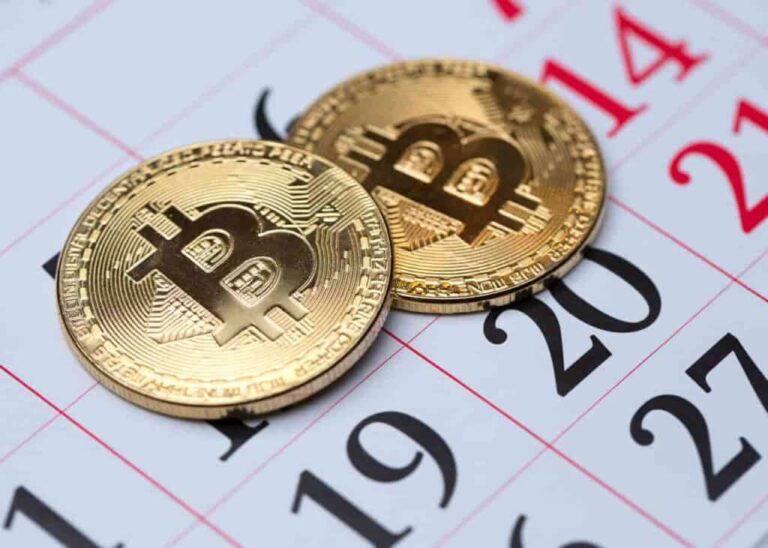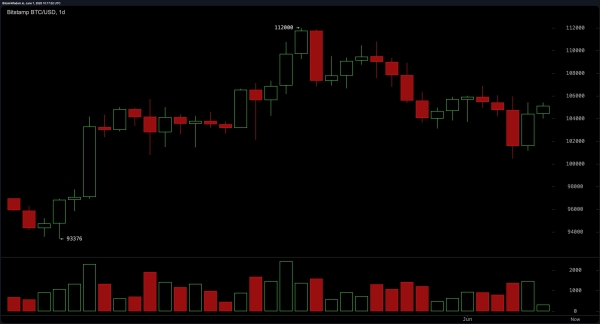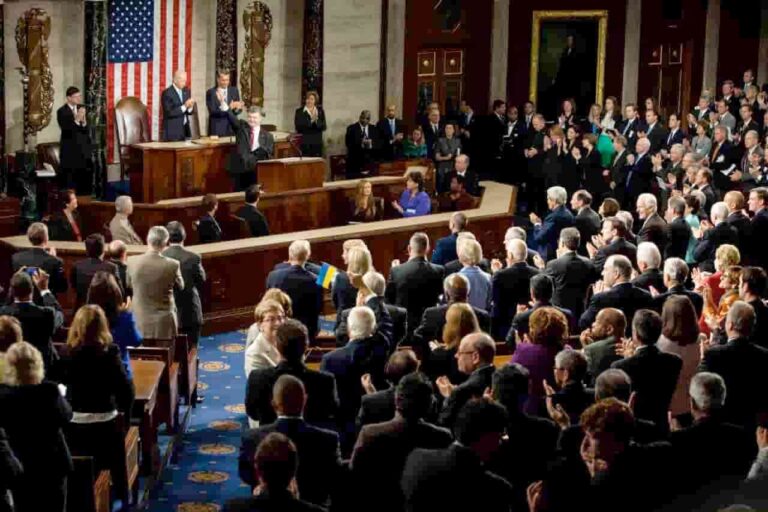Synopsis
This has been driven by India’s Cryptocurrency and Regulation of Official Digital Currency Bill, 2021, which is yet to be tabled but is becoming an era-appropriate necessity. Presently, cryptocurrencies are taxed at 30% on the earnings, while a further 1% is deducted from earnings
As one of the emerging markets for virtual digital assets (VDA) in the world, India’s role in driving the adoption of cryptocurrencies has been influential. In 2023, a prominent global survey revealed that India was at the top of crypto adoption in the world, leaving the USA, UK, China, Brazil, Russia and Japan behind. This increasing popularity of cryptocurrencies in India has led to the Indian government contemplating robust legislation over the domain, especially after the Supreme Court set aside the Reserve Bank of India’s (RBI) ban on this new asset class.
Cryptocurrencies remain largely unregulated across the world. The G-20 Summit in 2023, where India presided as the President, emphasised establishing a collaborative and global network of regulations in cryptocurrencies which gathered steam from the attendees. This has been driven by India’s Cryptocurrency and Regulation of Official Digital Currency Bill, 2021, which is yet to be tabled but is becoming an era-appropriate necessity. Presently, cryptocurrencies are taxed at 30% on the earnings, while a further 1% is deducted from earnings. Meanwhile, the focus of the Crypto Bill is to establish a regulated structure in the domain that assists in the creation of official digital currencies.
GOI’s views on crypto
India has been one of the major advocates for establishing global crypto regulations, and similar sentiments were echoed at the G20 summit in 2023. The RBI has historically maintained a cautious approach regarding cryptocurrencies, however, has strategized the establishment of a countrywide blockchain ecosystem in December 2021. The central bank has also proposed crypto regulations through a report in 2023, where it emphasised prohibition, containment and regulations. It also advocated for a worldwide collaborative approach to achieve the same, a proposal that was tabled at the G20 summit.
Crypto Tracker![]() TOP COIN SETSAI Tracker19.66% BuyNFT & Metaverse Tracker17.20% BuySmart Contract Tracker10.73% BuyWeb3 Tracker9.31% BuyDeFi Tracker9.25% BuyTOP COINS (₹) Solana14,510 (1.76%)BuyBitcoin5,614,092 (0.6%)BuyBNB49,798 (0.51%)BuyEthereum293,531 (0.0%)BuyTether84 (-0.02%)BuyDespite these efforts, virtual digital assets like cryptocurrencies remain unregulated and unprohibited in India. However, cryptocurrencies are not also considered legal tender by the Indian government, which has revealed its intention time and again to reduce their influence to fund illegal activities. This is one of the major reasons behind India’s openness to establish a regulatory framework for cryptocurrencies, the financial impact of which could be significant in a global market.
TOP COIN SETSAI Tracker19.66% BuyNFT & Metaverse Tracker17.20% BuySmart Contract Tracker10.73% BuyWeb3 Tracker9.31% BuyDeFi Tracker9.25% BuyTOP COINS (₹) Solana14,510 (1.76%)BuyBitcoin5,614,092 (0.6%)BuyBNB49,798 (0.51%)BuyEthereum293,531 (0.0%)BuyTether84 (-0.02%)BuyDespite these efforts, virtual digital assets like cryptocurrencies remain unregulated and unprohibited in India. However, cryptocurrencies are not also considered legal tender by the Indian government, which has revealed its intention time and again to reduce their influence to fund illegal activities. This is one of the major reasons behind India’s openness to establish a regulatory framework for cryptocurrencies, the financial impact of which could be significant in a global market.
Did you Know?
The world of cryptocurrencies is very dynamic. Prices can go up or down in a matter of seconds. Thus, having reliable answers to such questions is crucial for investors.
View Details »Financial impact on the global market
Since the advent of cryptocurrencies, they have remained a controversial topic owing to their decentralised and unregulated nature. However, the overview of cryptocurrencies by world governments has changed considerably in recent months, as the US House of Representatives recently passed a landmark crypto bill. However, other world governments like the European Union and India have expressed the need to regulate this new asset class, which can leave a significant financial impact on the global market. Let’s take a look at some of these impacts from a holistic point of view.
Reduction of trading volume
While a ban is not on the cards, India is looking to introduce string regulations in dealing with cryptocurrencies. Coupled with high taxation, these regulatory measures in India could be mimicked by other key markets, which could lead to a considerable part of investors losing interest in trading in this asset class. This will lead to diminished trading volumes in the market, which may result in a significant consolidation or price decrease.
India boasts of one of the highest crypto adoption rates in the world, and a lack of investor participation from India could lead to instability in the crypto market as well. Furthermore, a unified approach in looking to establish a collaborative measure in regulating cryptocurrencies, led by India, can also introduce instability in the crypto markets.
Repositioning investor capital
The crypto market is already infamous for its high instability, and when legality is questioned, many investors may want to exit their position and focus on conventional asset classes. Coupled with high taxation, this may look to be more beneficial to Indian crypto investors. However, this may come as welcome news for other high crypto-adopting markets in the United States, UAE and elsewhere, where governmental policies are much more favourable to this new asset class. Additionally, institutionalised investors and whales based in India and other countries where regulations become stringent may also decide to reposition their capital similarly to retail investors, which could potentially be a concern for the crypto market.
Conclusion
As the true extent of India’s crypto bill is yet to be revealed, the financial implications for the broader market can only be assumed. For the uninitiated, the worldwide crypto domain remains at a nascent stage and understanding long-term consequences is often futile because of the volatility of the market. However, the overall economic implications of India’s crypto legislation can also be positive in enhancing the crypto adoption rate among its citizens, giving a much-needed boost to cryptocurrencies to become a mainstay in the global financial ecosystem and help in curbing bans in several key markets across the world.
(The author of the article is Roshan Aslam, Founder & CEO of GoSats)
(Disclaimer: Recommendations, suggestions, views and opinions given by the experts are their own. These do not represent the views of the Economic Times)


